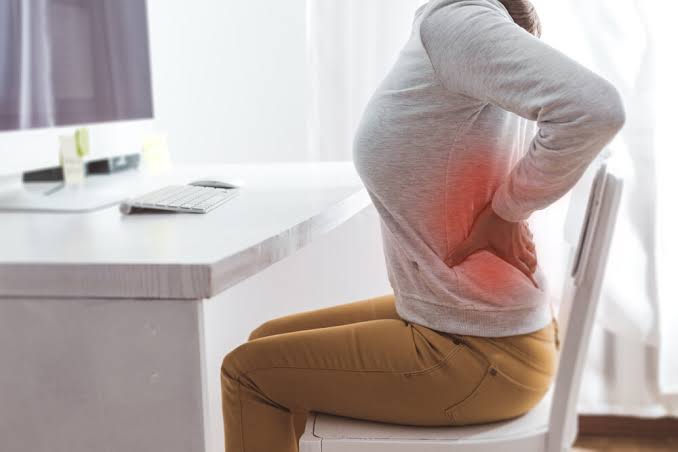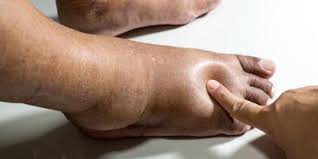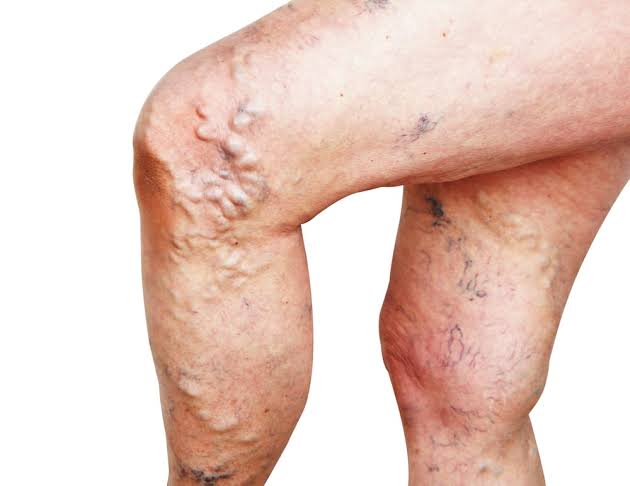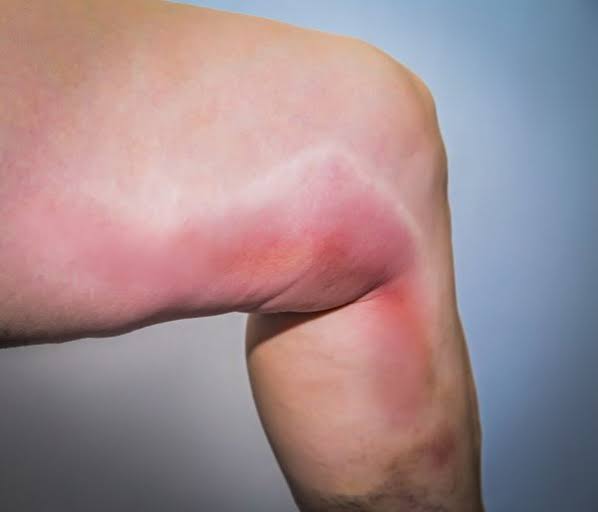RIGHT now you are most likely sitting to read this post… More than half of us spend over six hours sitting every day, unknown to us that Sitting can have short- and long-term effects on your health and body making this seemingly harmless activity potentially deadly.
Sitting for a few minutes is not bad at all, but nowadays our lifestyle makes our body sit more than we move, causing us to neglect the fact that our body is built to move that’s why it’s made up of 360 joints and 700 skeletal muscle which soul purpose is for easy fluid motion. Humans are built to stand upright. Your heart and cardiovascular system work more effectively that way. Your bowel also functions more efficiently when you are upright.
Join our WhatsApp ChannelWhat is the impact of sitting all day?
Chronic back pain:
 A common way of sitting is with a Curved Back and Slumped shoulder and this puts pressure on the spinal disc (backbone) and over time the disc starts to wear and tear giving rise to chronic back pain.
A common way of sitting is with a Curved Back and Slumped shoulder and this puts pressure on the spinal disc (backbone) and over time the disc starts to wear and tear giving rise to chronic back pain.
Limb Numbness and Swelling:
 When we sit for long we compress the delicate tissues on the leg leading to poor nerve signalling (numbness) and reduced blood flow (swelling).
When we sit for long we compress the delicate tissues on the leg leading to poor nerve signalling (numbness) and reduced blood flow (swelling).
Increased cholesterol:
Reduction in (Lipoprotein Lipase) the enzyme responsible for the breakdown of cholesterol in the blood system resulting to increased cholesterol.
Risk of Type 2 Diabetes:
Sitting for a stretch of 24hours leads to the reduction of insulin and poor Glucose uptake leading to the rise in blood sugar (hyperglycaemia) and if not controlled can result to type 2 Diabetes.
Varicose veins:
 Sitting for long periods of time can cause blood to pool in the legs. This can lead to varicose veins, or spider veins, a smaller version of it. These swollen and visible veins can be unsightly and can lead to more serious conditions.
Sitting for long periods of time can cause blood to pool in the legs. This can lead to varicose veins, or spider veins, a smaller version of it. These swollen and visible veins can be unsightly and can lead to more serious conditions.
Deep vein thrombosis:

Bad circulation and lack of motion from sitting for too long on flights or even road trips can cause DEEP VEIN THROMBOSIS. This is a type of blood clot that’s most common in the legs and when part of this clot breaks off, it can cut off the flow of blood to other parts of the body such as the lungs, causing a pulmonary embolism.
Heart Disease:
Muscles burn less fat and blood flows more sluggishly during a long sit, allowing fatty acids to more easily clog the heart. Prolonged sitting has been linked to high blood pressure and elevated cholesterol, and people with the most sedentary time are more than twice as likely to have cardiovascular disease than those who are active.
Loss of concentration:
Foot impact during walking sends pressure waves through blood vessels to increase brain blood flow. Brain blood flow is involved in regulating the supply of glucose to the brain thereby boosting our concentration.
How to take a stand
- Set alarms or reminders for yourself to move, Schedule walk breaks into your day.
- Add more steps to your day, Take the stairs instead of the elevator or walk to deliver messages to coworkers.
- Fidget while you sit. If you find that you are not able to get up every 30 to 60 minutes, then begin developing a habit of fidgeting while sitting.
- Incorporate Seated leg lifts. If you cannot get away from your desk or your desk chair, there are leg exercises that you can do while sitting.
- Maintaining an Active Lifestyle: Physical activities like jogging, walking, using the elliptical, dancing, taking a spin class, hiking or doing an aerobics class.
Benefits of Leg elevation and Conditions it can help;
Benefits
- Improves blood flow
- Lowers pressure
- Reduce swelling
Conditions it can help
- Vein conditions, like Deep vein thrombosis
- Pedal Edema in pregnancy due to fluid retention
- Leg injuries that are swollen
- After surgery to help lower the risk of a blood clot.
Taking these precautions can help stop the negative effects of uninterrupted sitting and keep you on the road to good health.
Thank you for Reading
Dr Kelly
















Follow Us